CAR T-cell Therapy
01 Mar, 2024
Dr. Rajesh Bollam
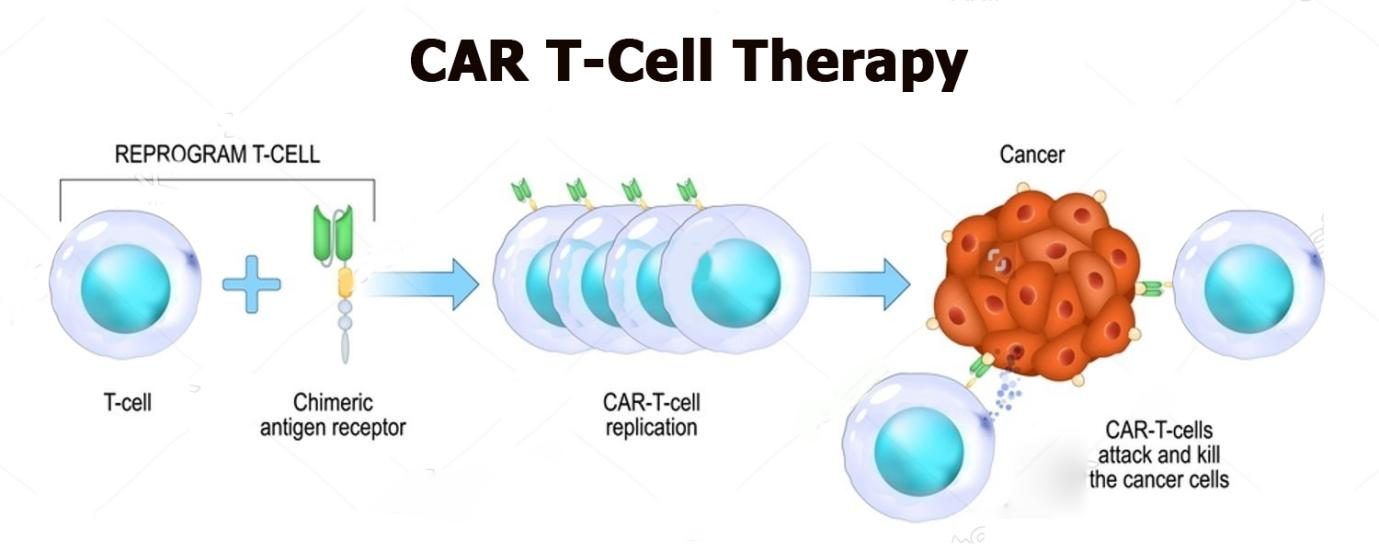
Using the patient's own immune cells to fight cancer is known as CAR T-cell treatment (Chimeric Antigen Receptor T-cell therapy). It's personalized therapy that includes modifying a patient's T cells, which are immune cells, to improve their ability to identify and destroy cancer cells.
Some advantages of CAR T-cell therapy:
Targeted Treatment:
Because CAR T-cell therapy uses T cells that are particularly designed to recognize and attack cancer cells, it is a highly targeted treatment. This targeted strategy reduces harm to healthy cells.
Highly Effective:
It has been shown that CAR T-cell therapy can be highly successful, particularly in patients with certain blood cancers that have not responded to regular treatments. In certain patients, it has resulted in total remission.
Potential for Long-lasting Response:
CAR T-cell therapy may be able to treat various cancers since it sometimes results in long-lasting remissions.
Clinical Trials:
CAR T-cell therapy is still being studied in clinical trials, which means there is ongoing research to improve its effectiveness and reduce side effects.
Alternative to Traditional Treatments:
CAR T-cell therapy can be a possible option for patients who have not reacted to or are unable to handle previous treatments such as radiation therapy or chemotherapy.
B-cell leukemias and lymphomas are two blood cancer types that have responded remarkably well to CAR T-cell therapy. But it's a complicated and perhaps dangerous procedure that needs careful observation and skilled care. Cytokine release syndrome (CRS) and neurotoxicity are frequent side effects of CAR T-cell therapy. Although they are sometimes severe, they are typically controllable with the right management techniques. Research is still being done to examine the possibility of using CAR T-cell therapy to treat additional forms of cancer in addition to enhancing its efficacy and safety.
Recent Posts

Bone Marrow Transplantation in children
Aug 27, 2024
Dr. Rajesh Bollam

All you need to know about Childhood Cancers
Aug 26, 2024
Dr. Rajesh Bollam

Signs of Liver Cancer
May 30, 2024
Dr. Rajesh Bollam

CAR T-cell therapy
Mar 01, 2024
Dr. Rajesh Bollam

Mediastinal tumors
Jun 03, 2022
Dr. Rajesh Bollam
.jpg)
Blood Cancer Journal
Apr 29, 2022
Dr. Rajesh Bollam
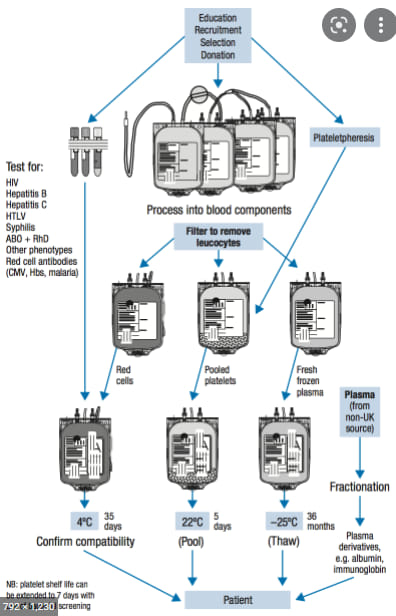
Transfusion medicine for RBCs
Apr 18, 2022
Dr. Rajesh Bollam
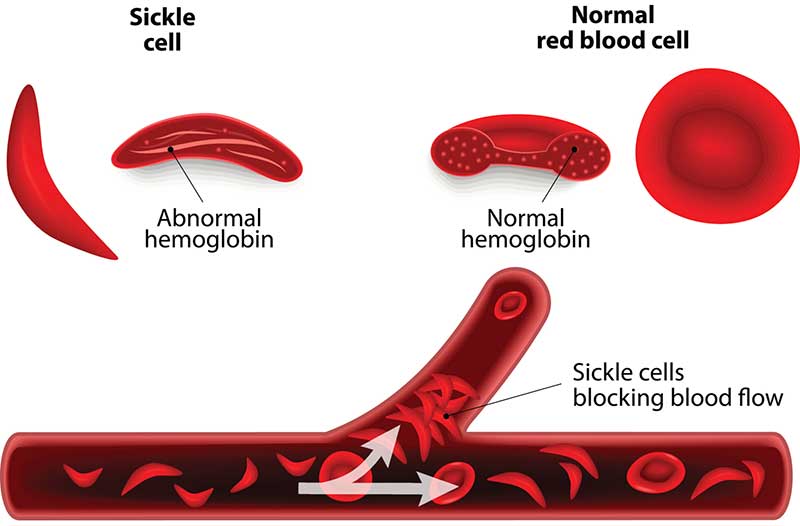
Sickle Cell Anemia
Apr 15, 2022
Dr. Rajesh Bollam
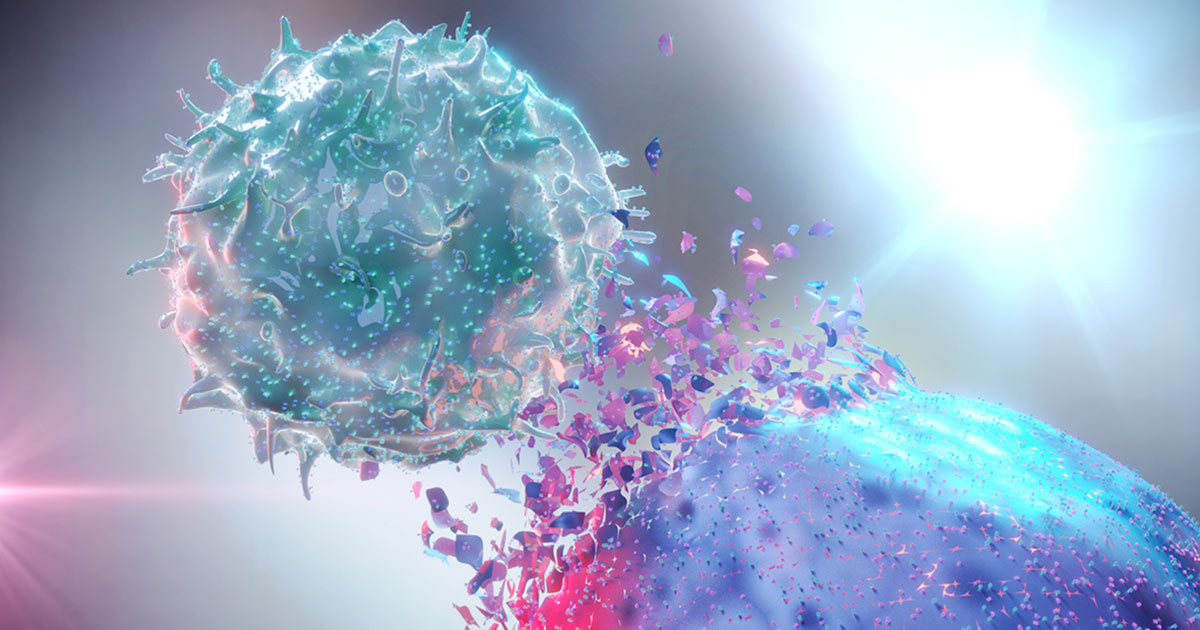
What’s new in cancer immunotherapy?
Nov 30, 2021
Dr. Rajesh Bollam

What is immunotherapy?
Nov 30, 2021
Dr. Rajesh Bollam
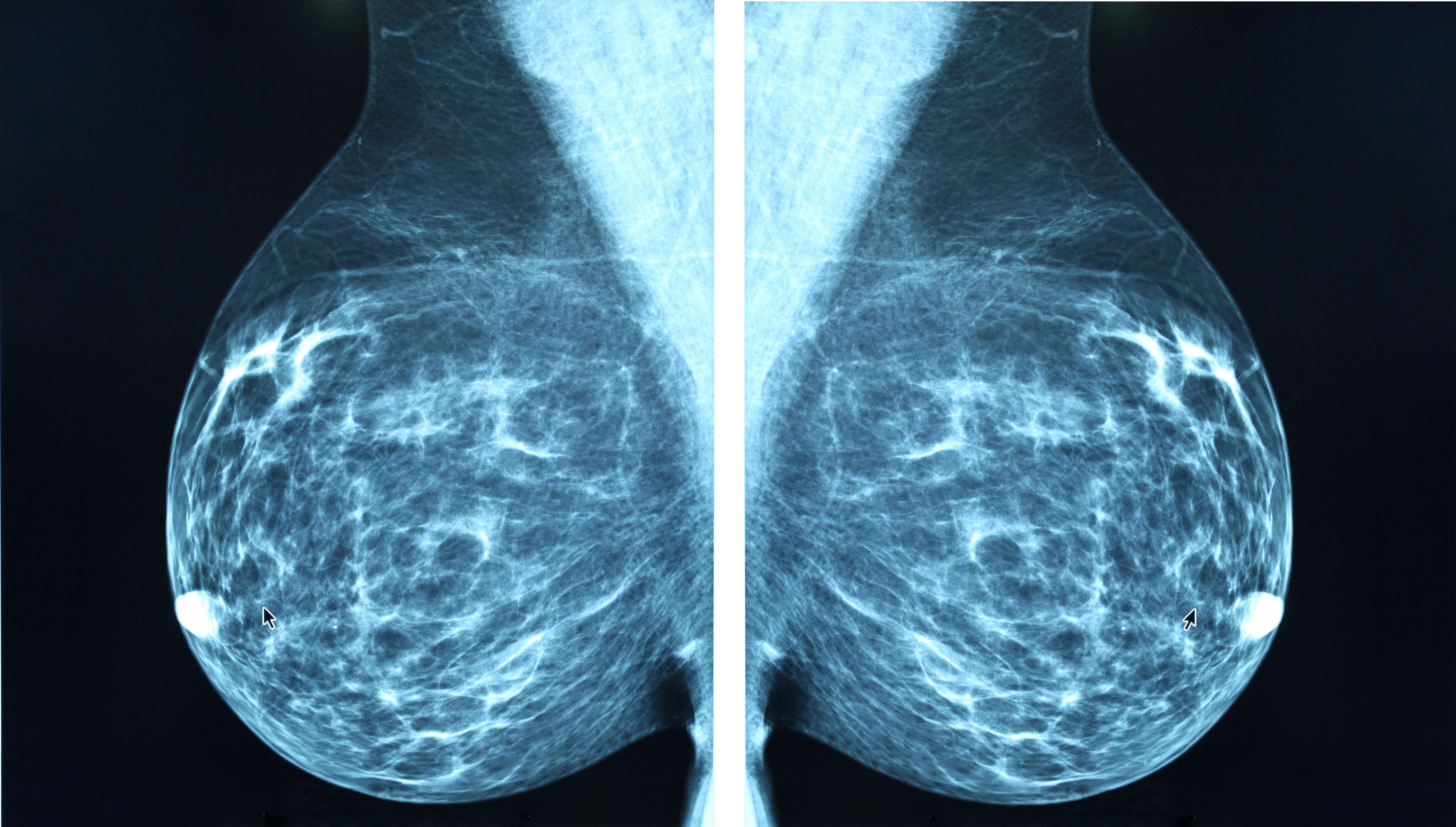
What causes breast cancer?
Nov 30, 2021
Dr. Rajesh Bollam

Who gets breast cancer?
Nov 30, 2021
Dr. Rajesh Bollam
Breast cancer symptoms
Nov 30, 2021
Dr. Rajesh Bollam
.jpg)
Types of breast cancer
Nov 30, 2021
Dr. Rajesh Bollam

Types of invasive breast cancers
Nov 30, 2021
Dr. Rajesh Bollam

Breast cancer treatment plan
Nov 30, 2021
Dr. Rajesh Bollam
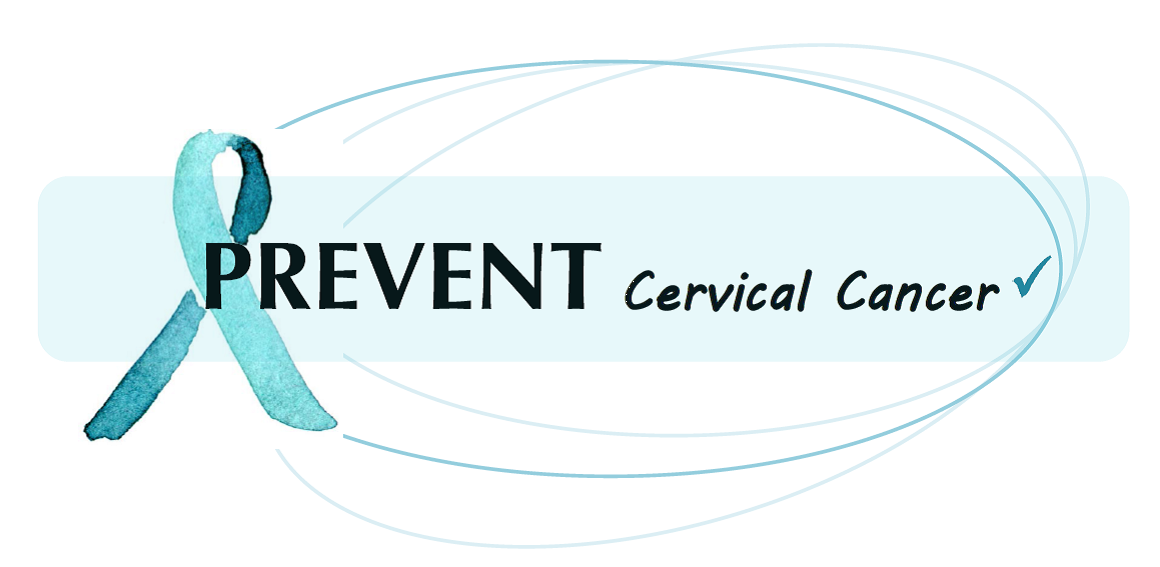
How to prevent cervical cancer
Nov 22, 2021
Dr. Rajesh Bollam
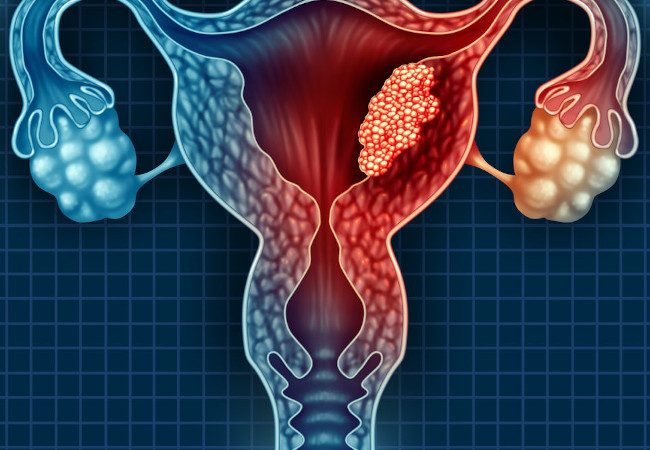
What is cervical cancer?
Nov 22, 2021
Dr. Rajesh Bollam

Are there tests for early detection?
Nov 22, 2021
Dr. Rajesh Bollam

Breast cancer risk factors
Nov 22, 2021
Dr. Rajesh Bollam

Staging and Treatment for oral cancer
Nov 22, 2021
Dr. Rajesh Bollam

How to prevent oral cancer
Nov 22, 2021
Dr. Rajesh Bollam

Risk factors of oral cancer
Nov 22, 2021
Dr. Rajesh Bollam

What is oral cancer?
Nov 22, 2021
Dr. Rajesh Bollam
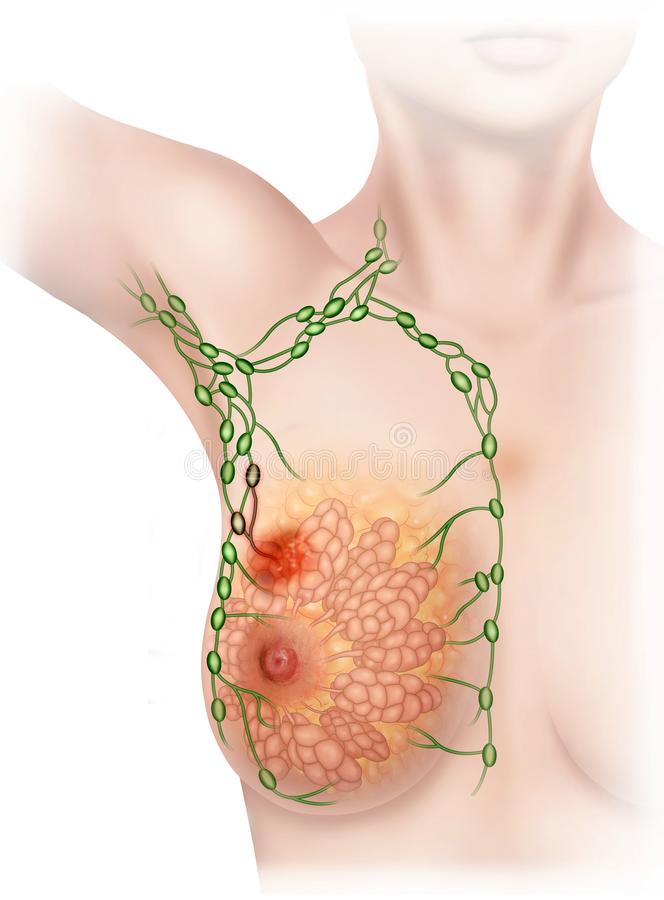
The Lymph System of the Breast
Nov 22, 2021
Dr. Rajesh Bollam

What Is Breast Cancer?
Nov 22, 2021
Dr. Rajesh Bollam
.jpeg)
Kidney Cancer: Myths & Reality
Nov 12, 2021
Dr. Rajesh Bollam
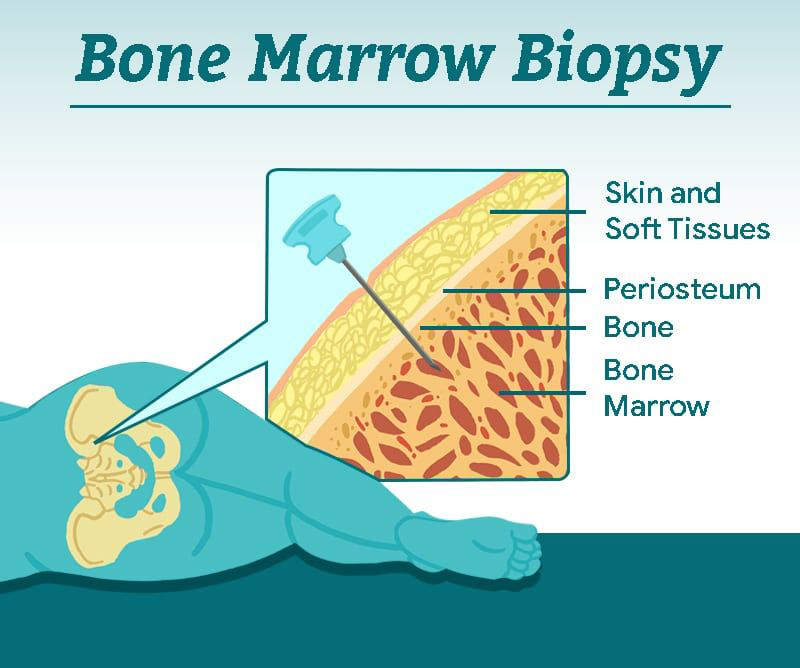
Bone marrow biopsy
Sep 29, 2021
Dr. Rajesh Bollam
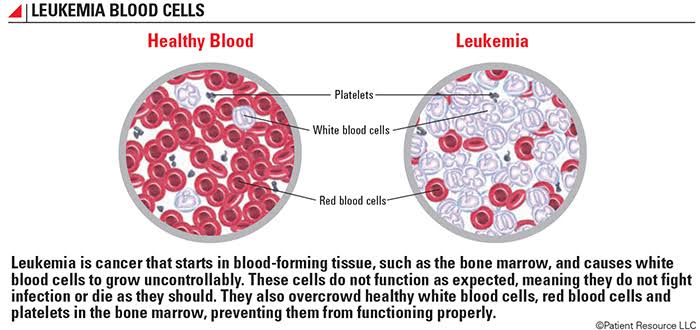
Leukemia
May 28, 2021
Dr. Rajesh Bollam
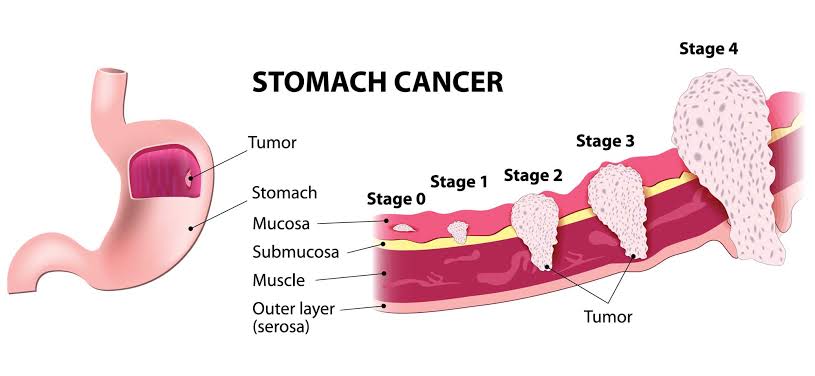
Stomach Cancer
May 28, 2021
Dr. Rajesh Bollam
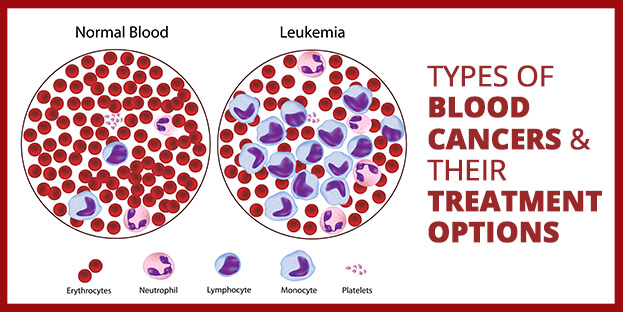
Blood Cancer – Types and Treatment
May 21, 2021
Dr. Rajesh Bollam
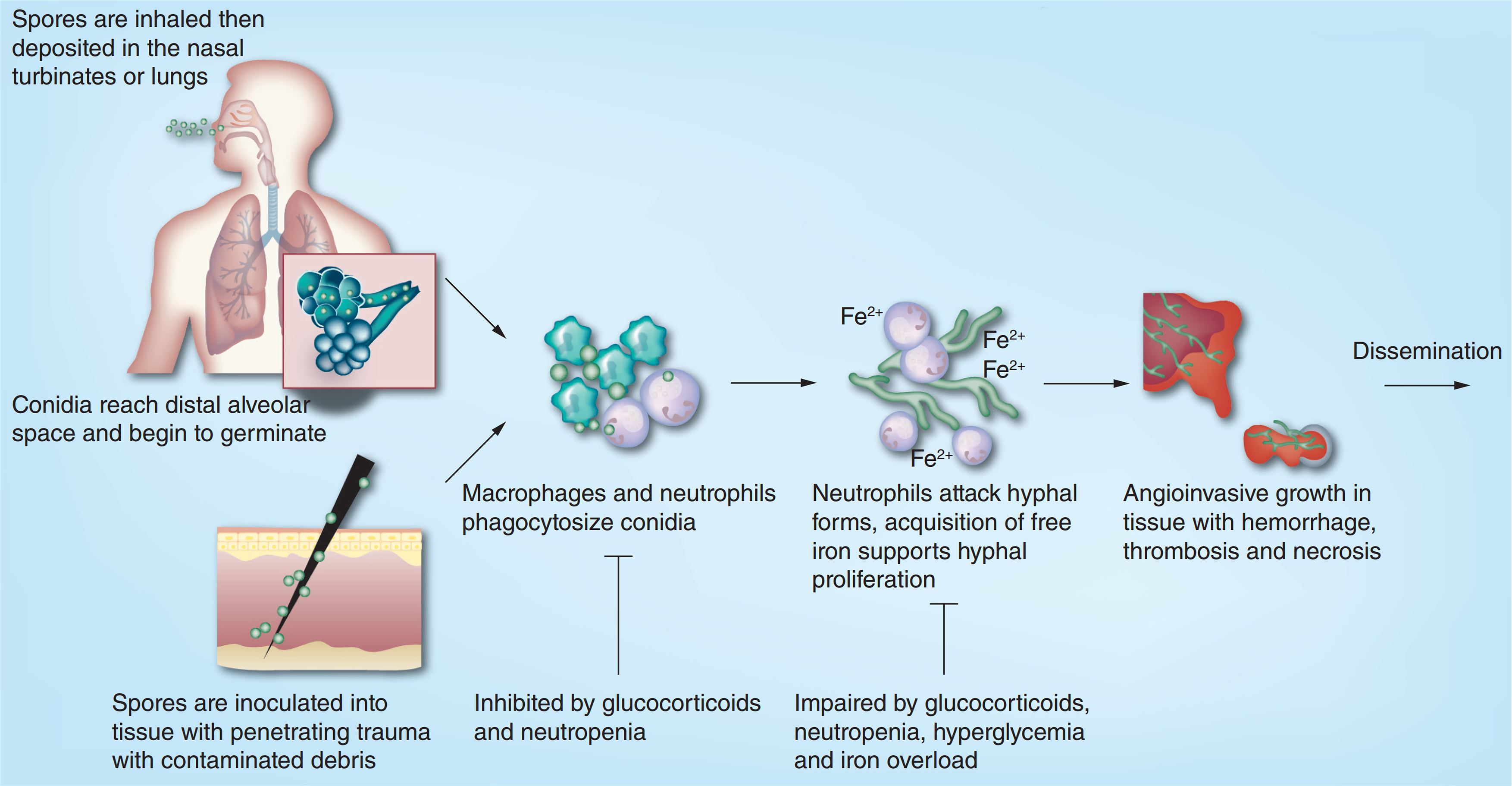
Reasons for mucormycosis in Covid-19
May 21, 2021
Dr. Rajesh Bollam
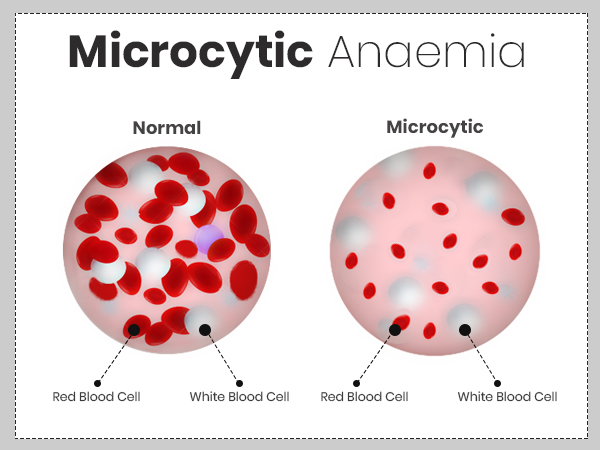
Microcytic and Hypochromic anemia is one of the common scenario we encounter in Clinics
May 21, 2021
Dr. Rajesh Bollam
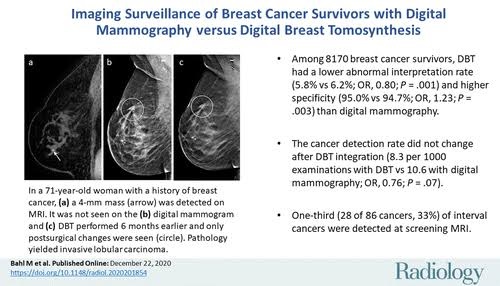
Updated Recommendations for Breast Cancer Surveillance in Young Female Cancer Survivors
May 21, 2021
Dr. Rajesh Bollam
vs
May 14, 2021
Dr. Rajesh Bollam
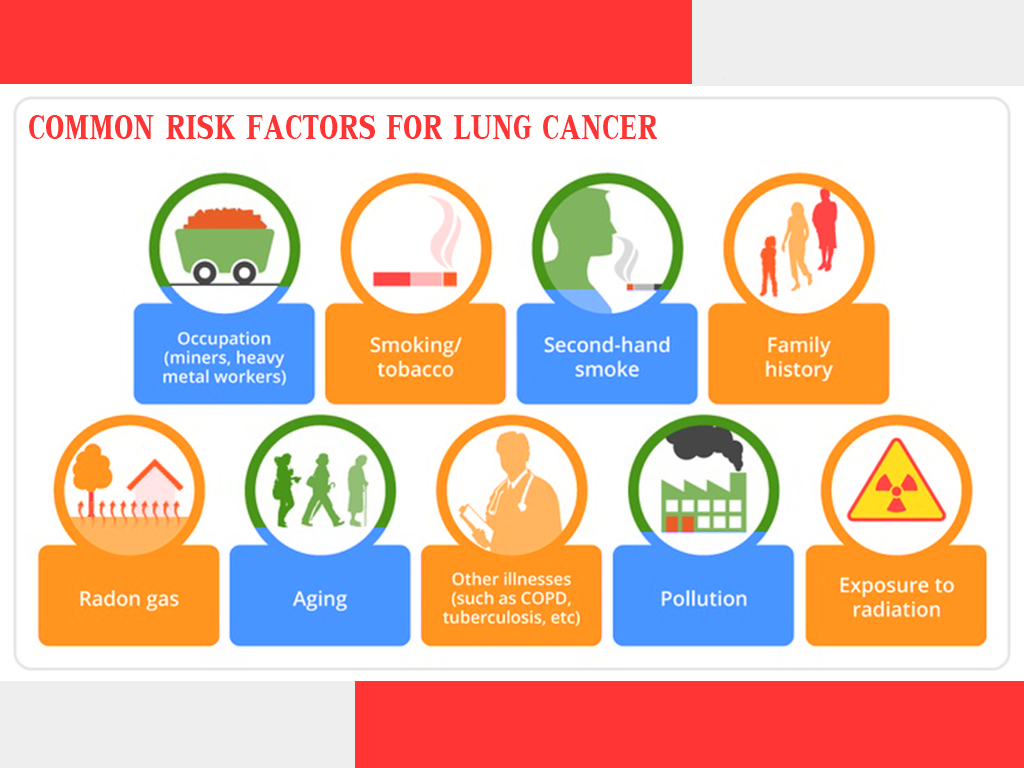
Risk Factors of Lung Cancer
Apr 06, 2021
Dr. Rajesh Bollam
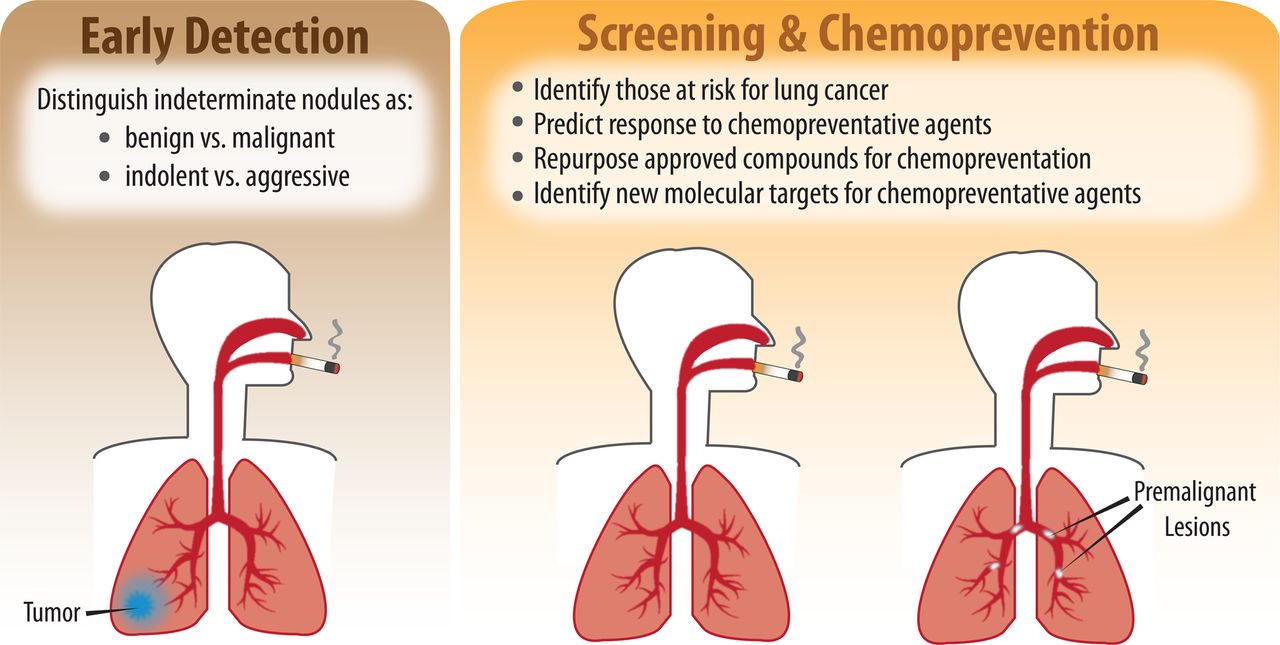
Diagnosing lung cancer
Apr 06, 2021
Dr. Rajesh Bollam
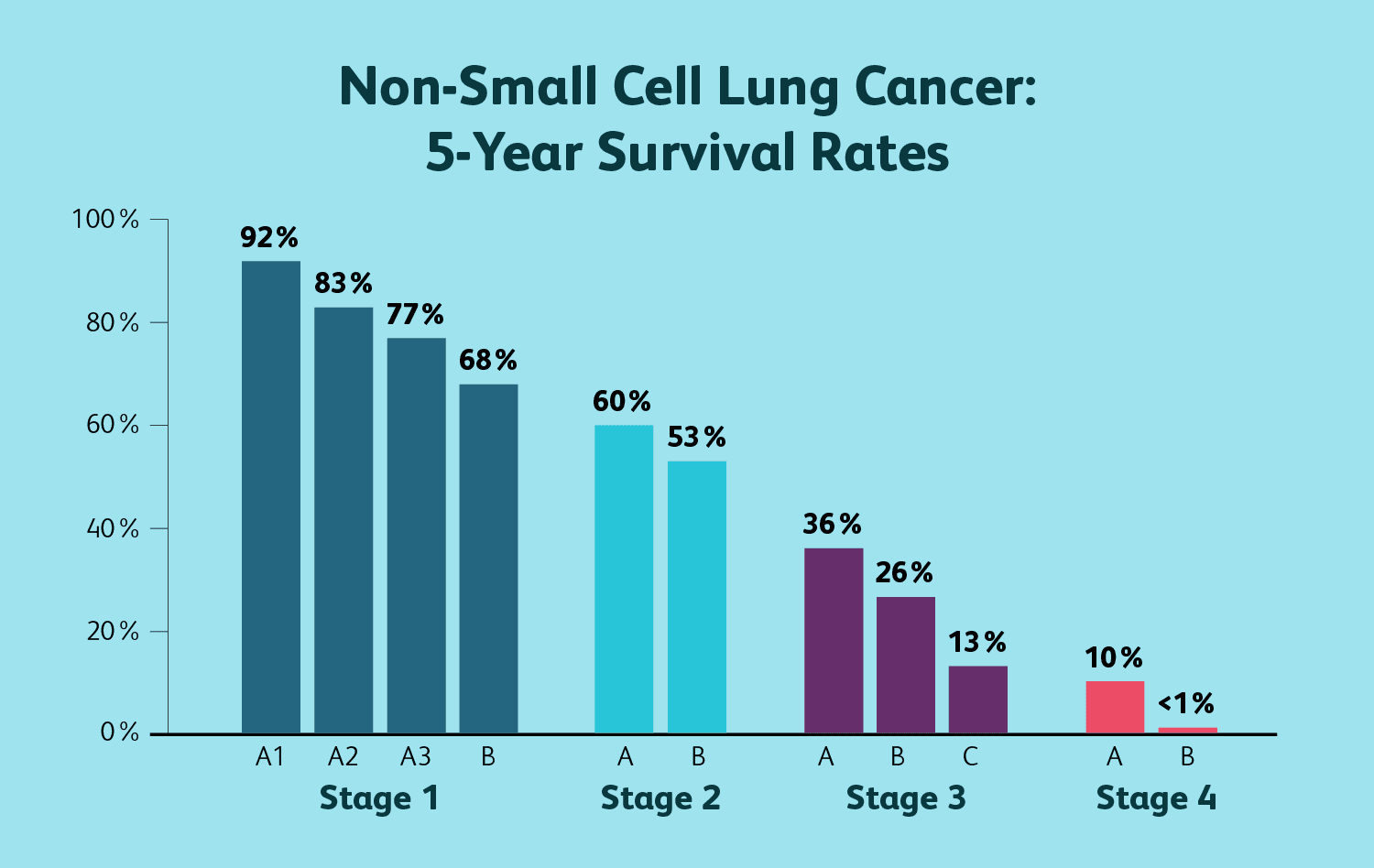
Lung cancer and life expectancy
Apr 06, 2021
Dr. Rajesh Bollam
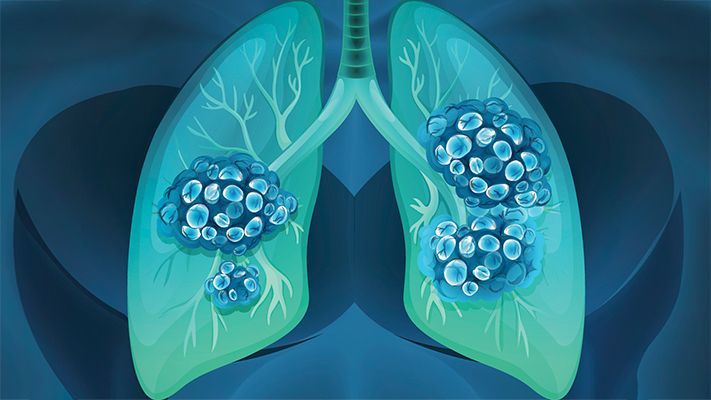
Home remedies for lung cancer symptoms
Apr 06, 2021
Dr. Rajesh Bollam
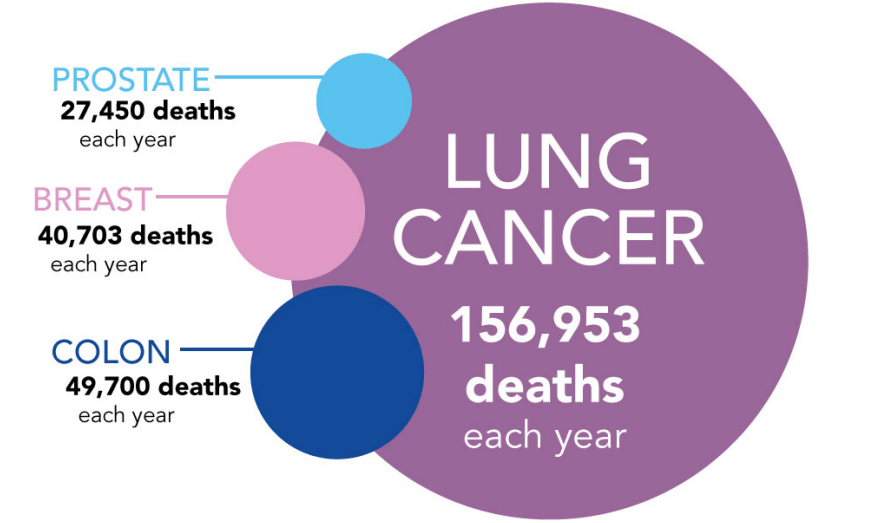
Facts and statistics about lung cancer
Apr 06, 2021
Dr. Rajesh Bollam

Diet recommendations for people with lung cancer
Apr 06, 2021
Dr. Rajesh Bollam
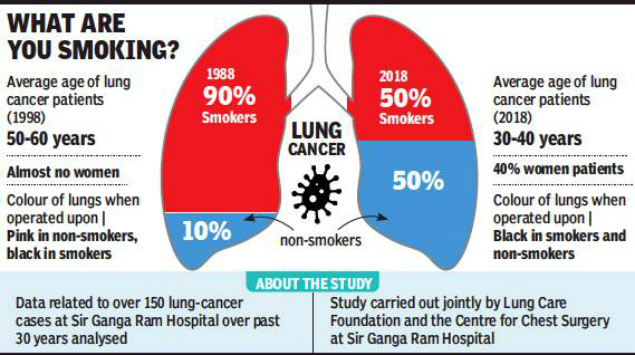
Lung cancer and smoking
Apr 06, 2021
Dr. Rajesh Bollam
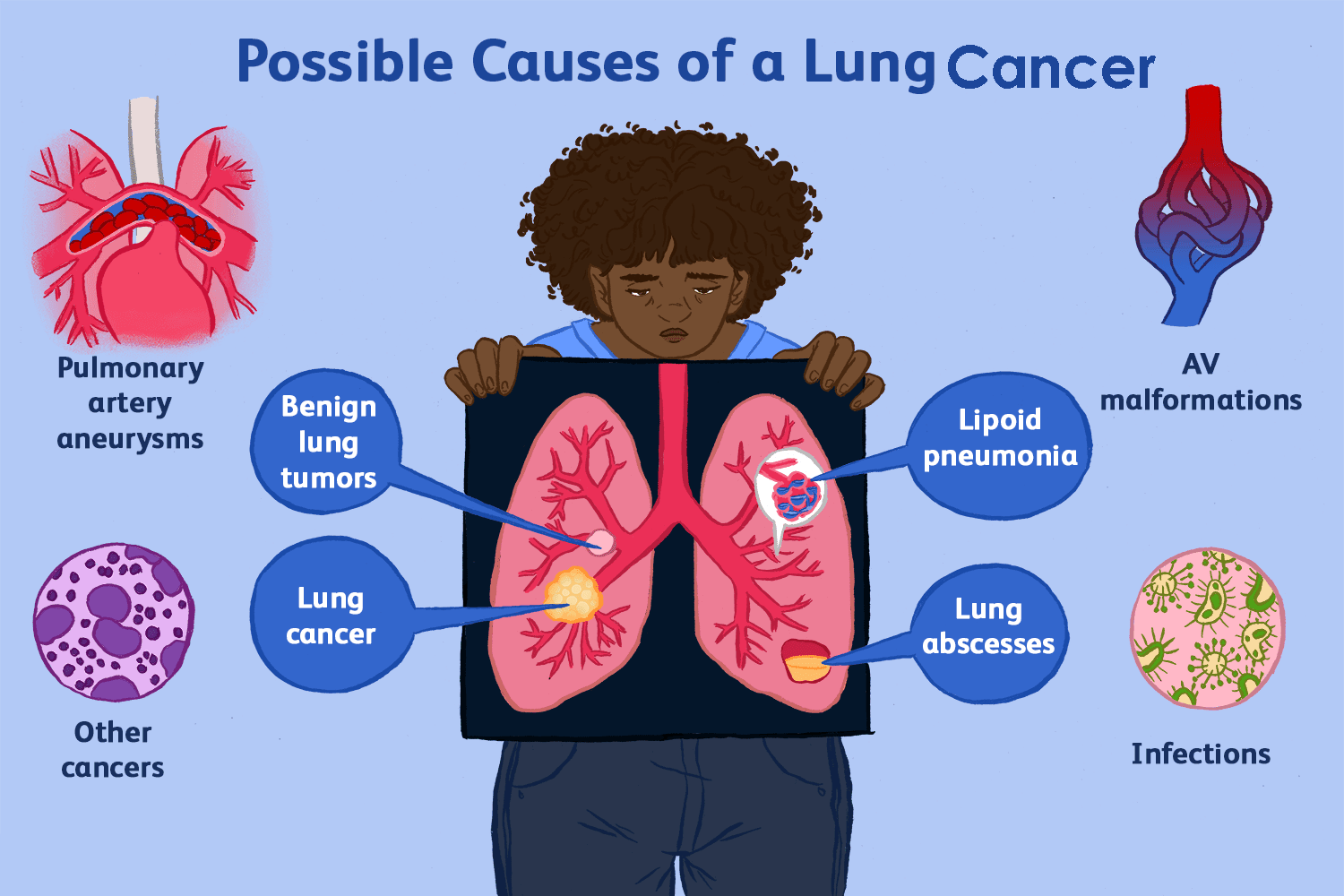
Causes of Lung Cancer
Apr 06, 2021
Dr. Rajesh Bollam
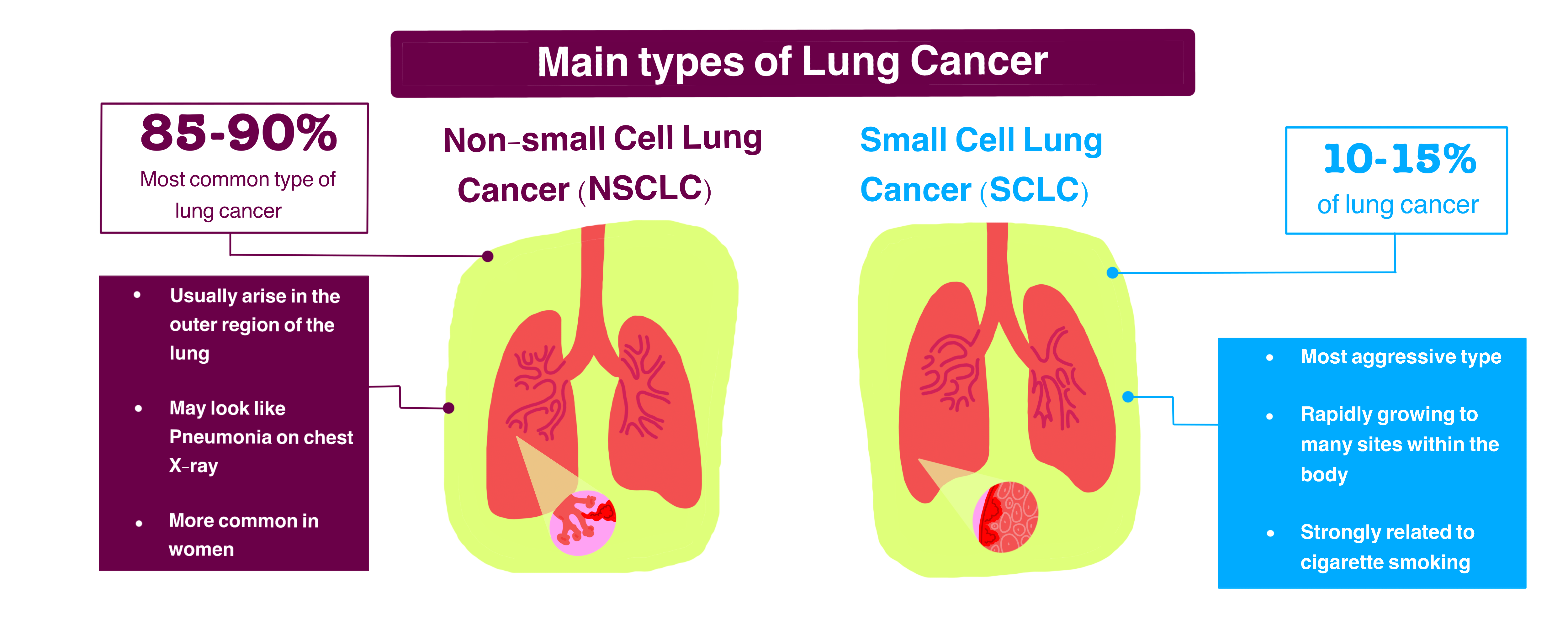
Different Types of Lung Cancer
Apr 06, 2021
Dr. Rajesh Bollam
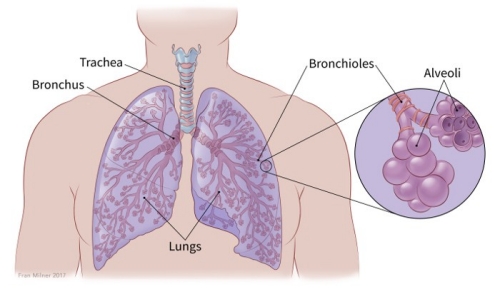
Lung Cancer and its types
Apr 06, 2021
Dr. Rajesh Bollam
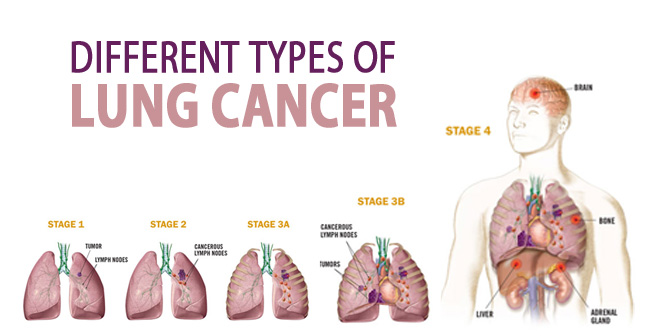
Stages of LUNG CANCER
Apr 06, 2021
Dr. Rajesh Bollam
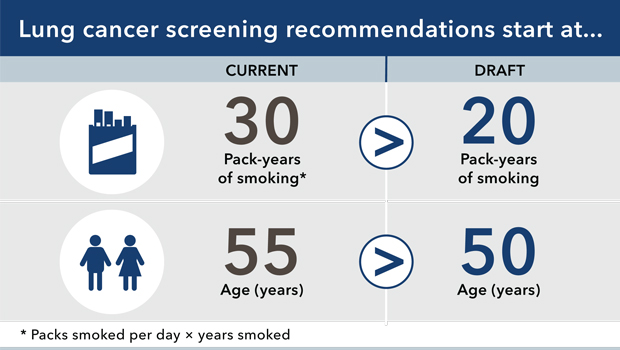
Lung Cancer and Lung Cancer Screening
Apr 06, 2021
Dr. Rajesh Bollam
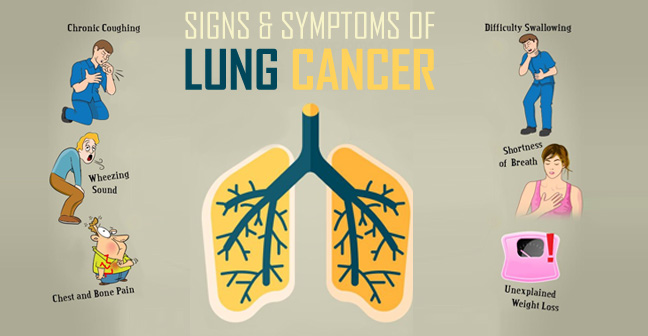
What are the symptoms of lung cancer
Apr 06, 2021
Dr. Rajesh Bollam
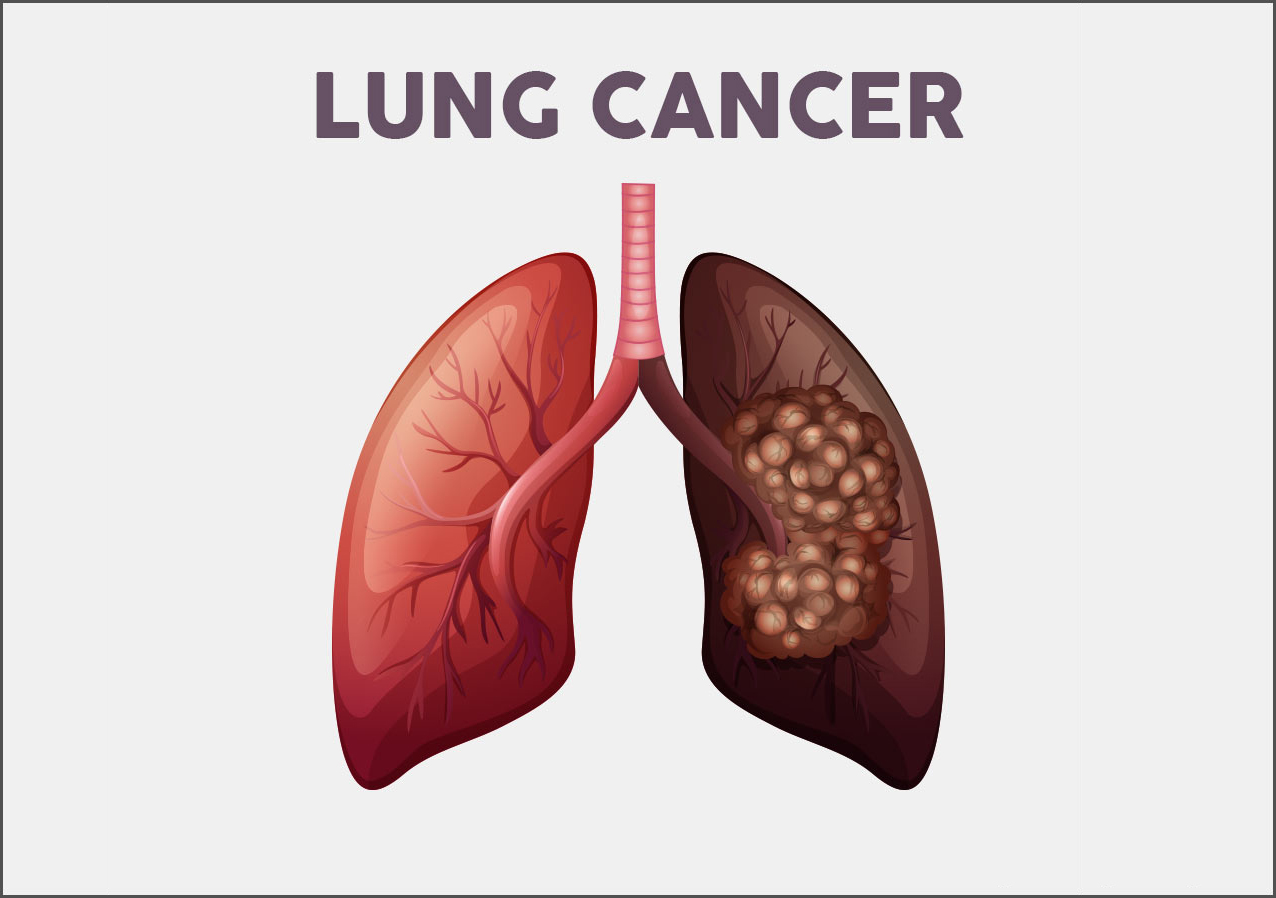
Lung cancer occurs when cells divide in the lungs uncontrollably.
Apr 06, 2021
Dr. Rajesh Bollam
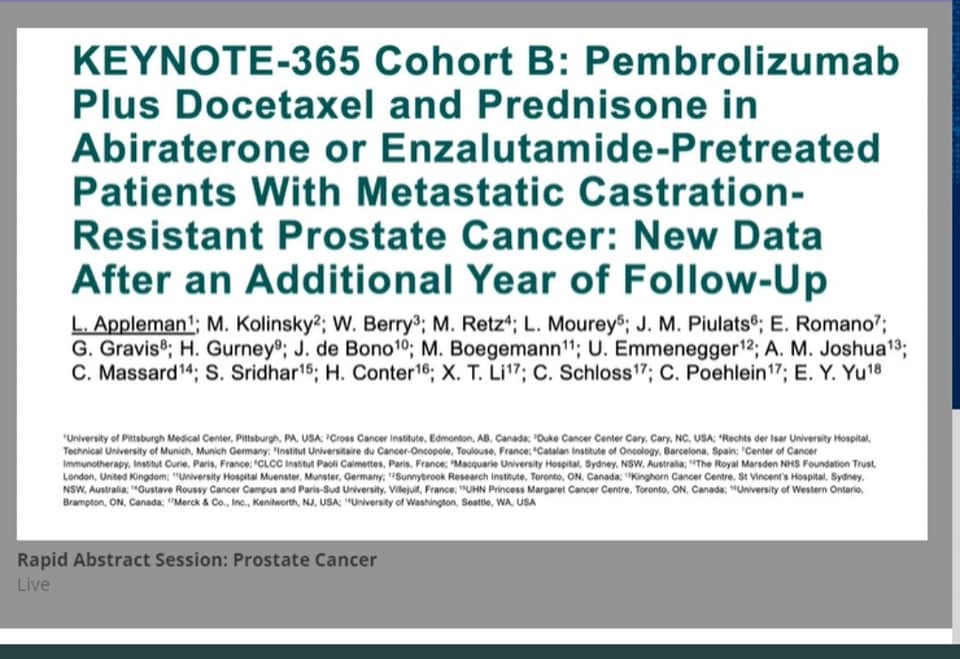
KEYNOTE-365
Mar 12, 2021
Dr. Rajesh Bollam
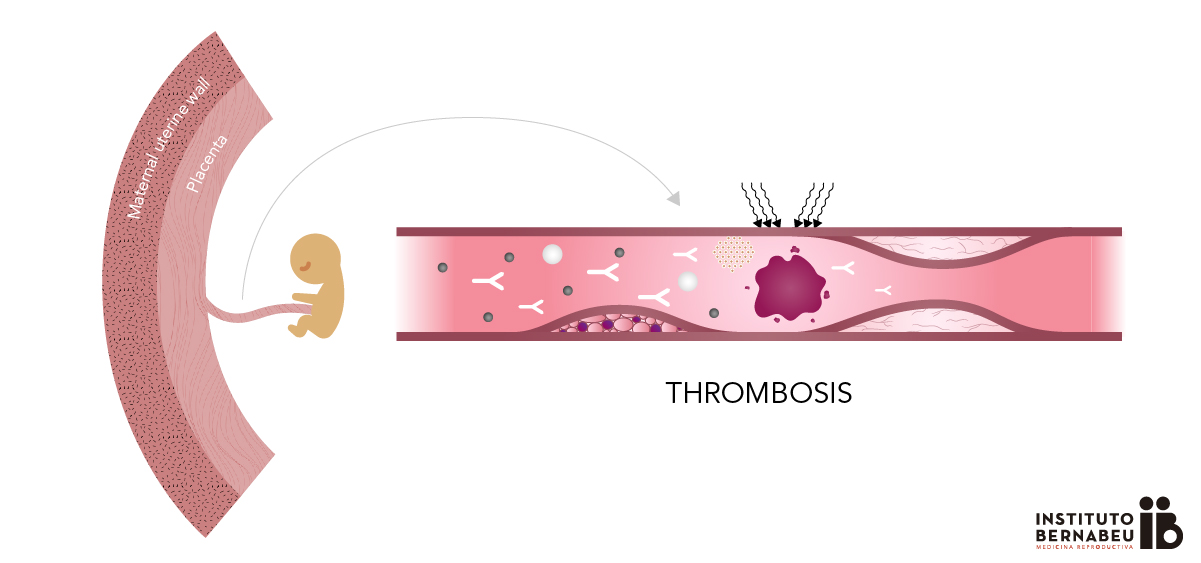
Antiphospholipid syndrome in Pregnancy
Mar 12, 2021
Dr. Rajesh Bollam
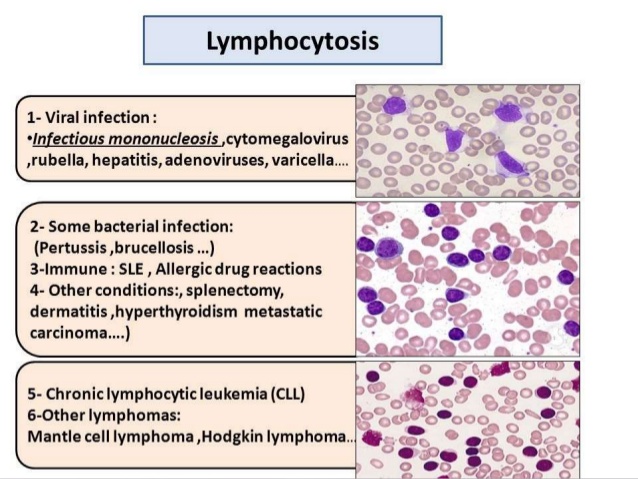
Leucocytosis
Mar 12, 2021
Dr. Rajesh Bollam
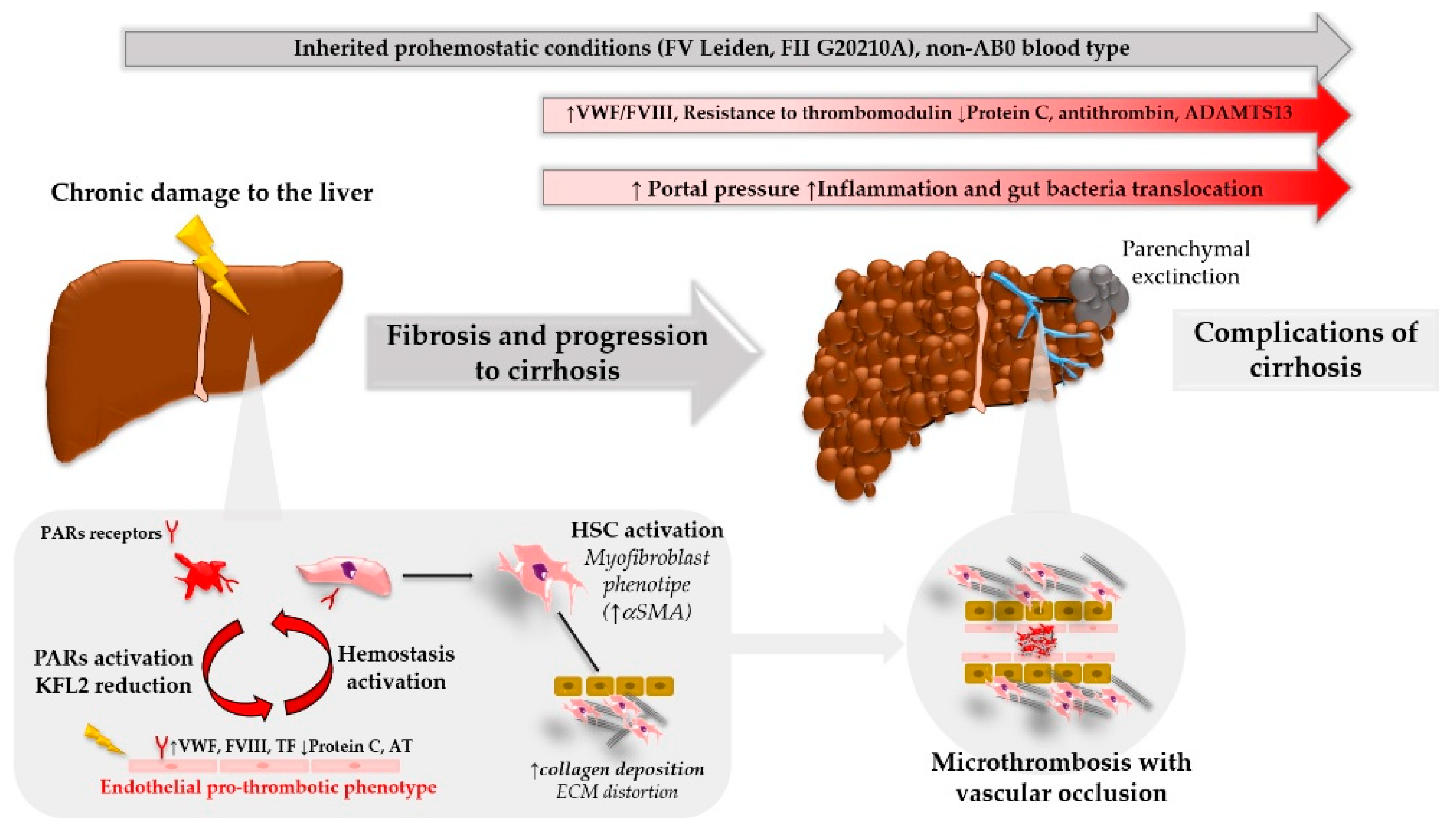
Patients with liver disease often have blood results that give an appearance of a significant bleeding risk
Mar 12, 2021
Dr. Rajesh Bollam
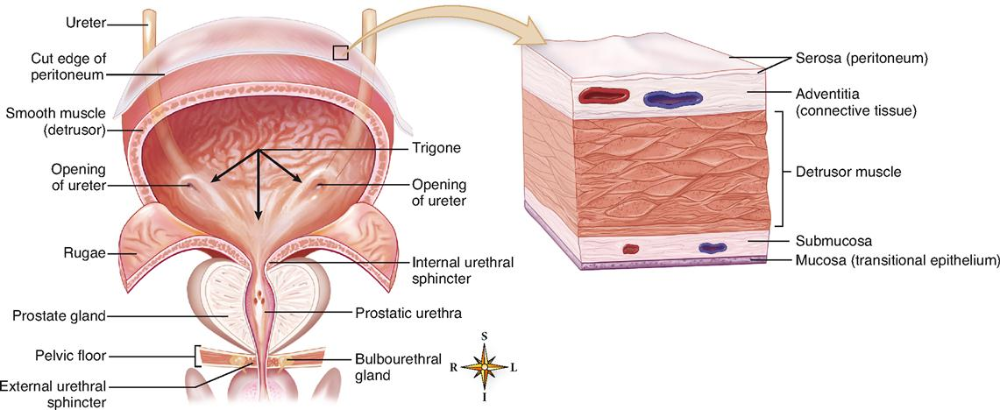
Navigating Uncertain Times in Muscle-Invasive and Advanced Bladder Cancer
Mar 12, 2021
Dr. Rajesh Bollam
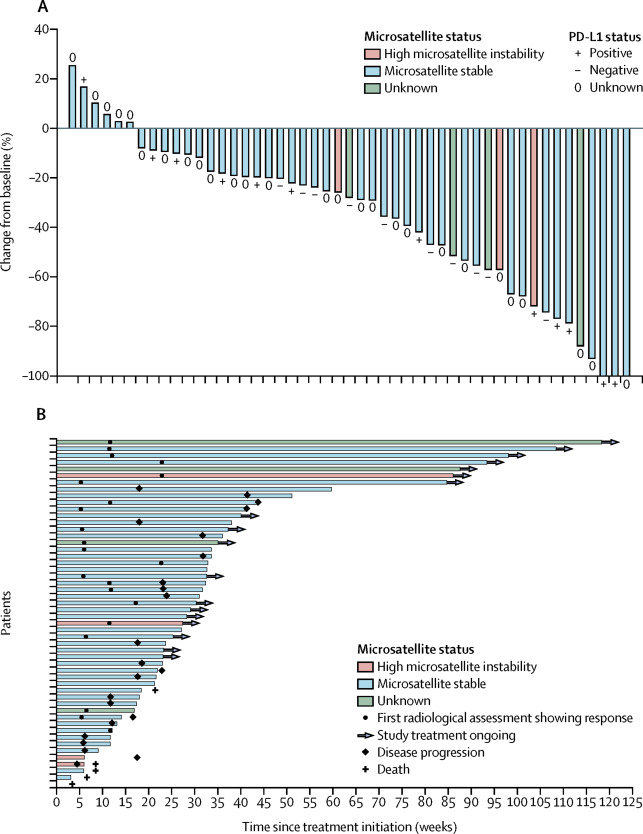
Lenvatinib plus pembrolizumab
Mar 12, 2021
Dr. Rajesh Bollam
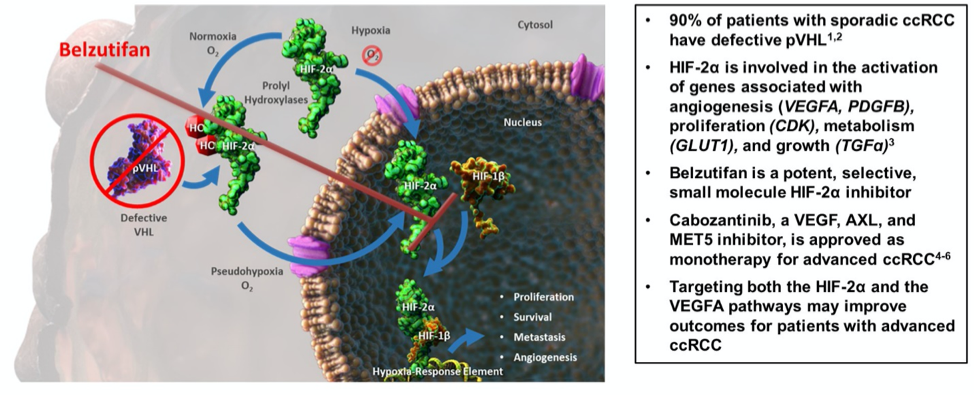
From bench to bedside, another practice-changing treatment is on the road!
Mar 12, 2021
Dr. Rajesh Bollam
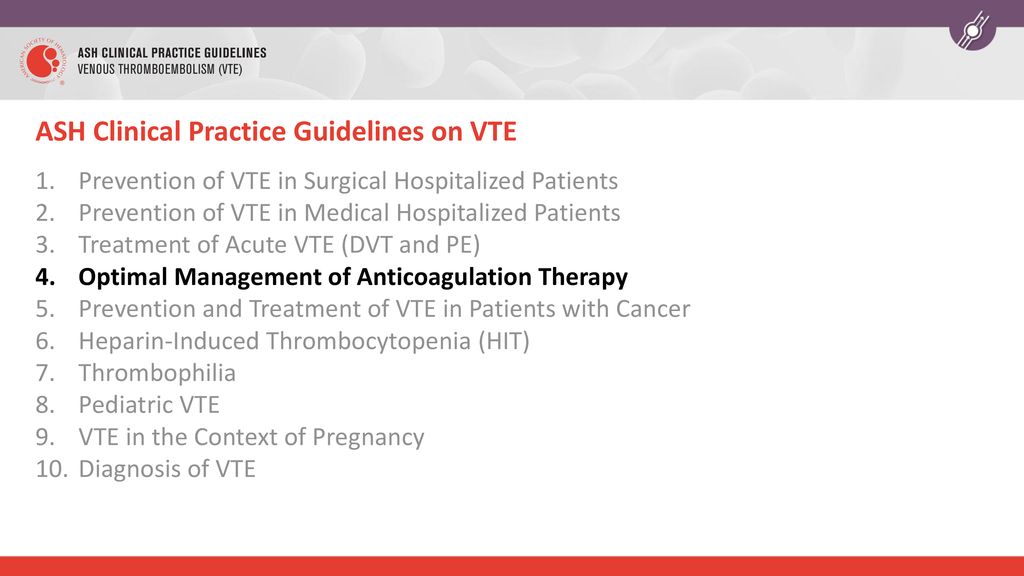
ASH_hematology VTE guidelines in patients with cancer
Mar 12, 2021
Dr. Rajesh Bollam
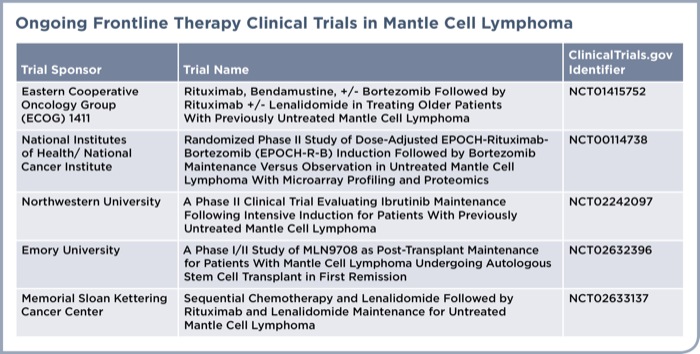
How I Rx Newly Diagnosed Mantle Cell Lymphoma
Mar 12, 2021
Dr. Rajesh Bollam
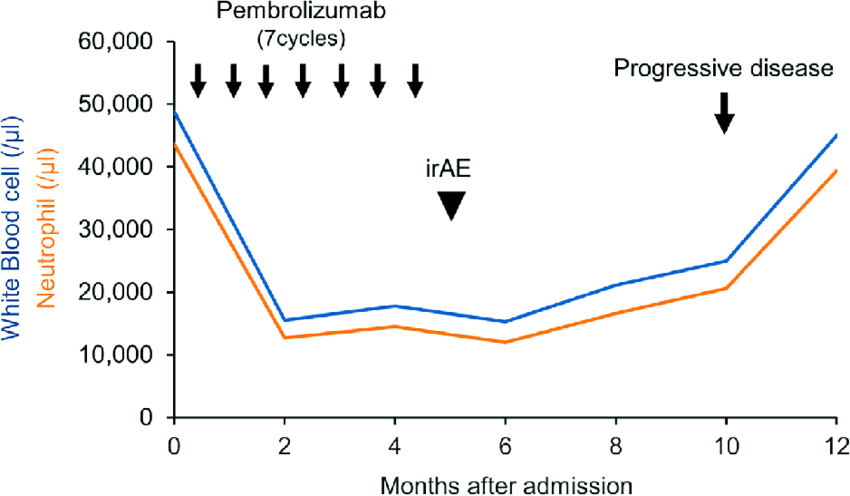
Ipilumumab plus pembrolizumab vs pembrolizumab alone in pdL1 more than 50 percentage Which is better
Mar 12, 2021
Dr. Rajesh Bollam

APML is medical emergency
Mar 11, 2021
Dr. Rajesh Bollam
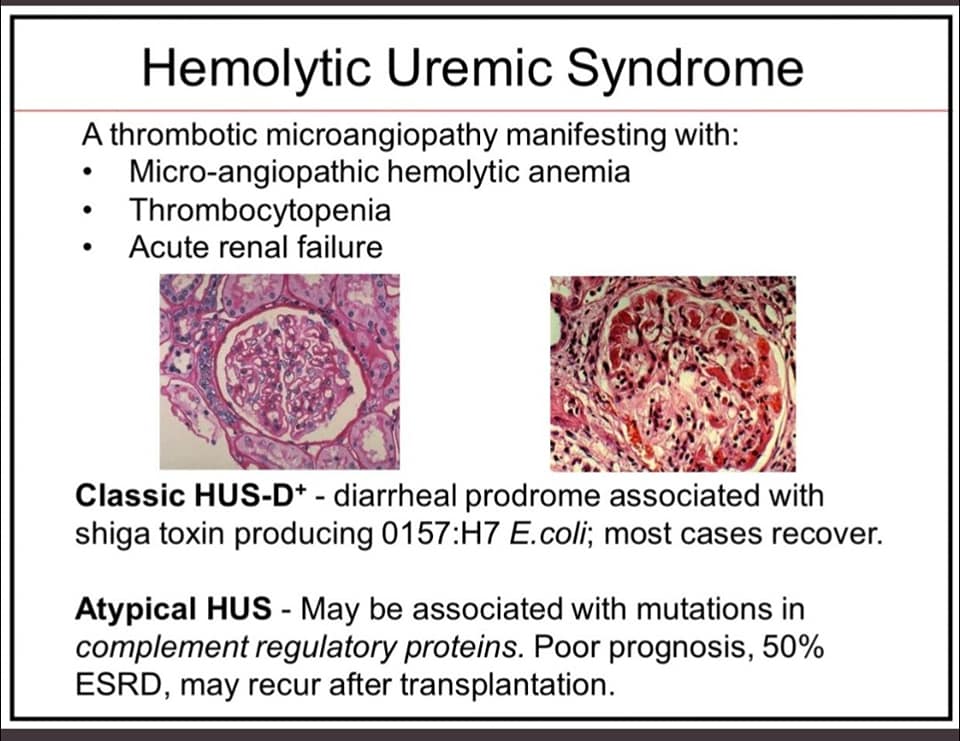
aHUS is a disease of excessive activation of the alternative complement pathway (ACP)
Mar 11, 2021
Dr. Rajesh Bollam
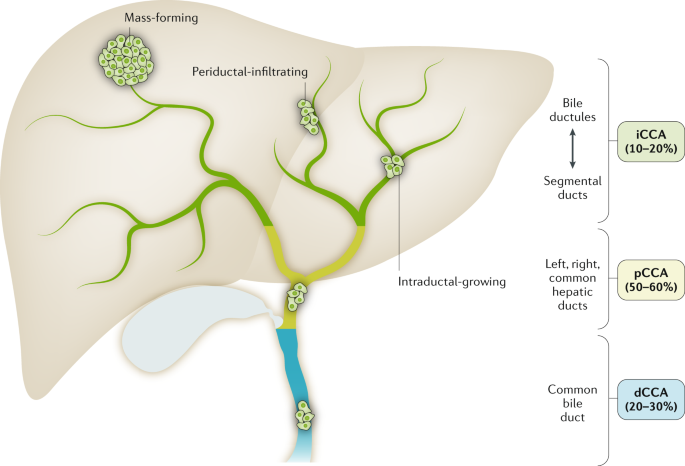
imp. point to reiterate
Mar 11, 2021
Dr. Rajesh Bollam
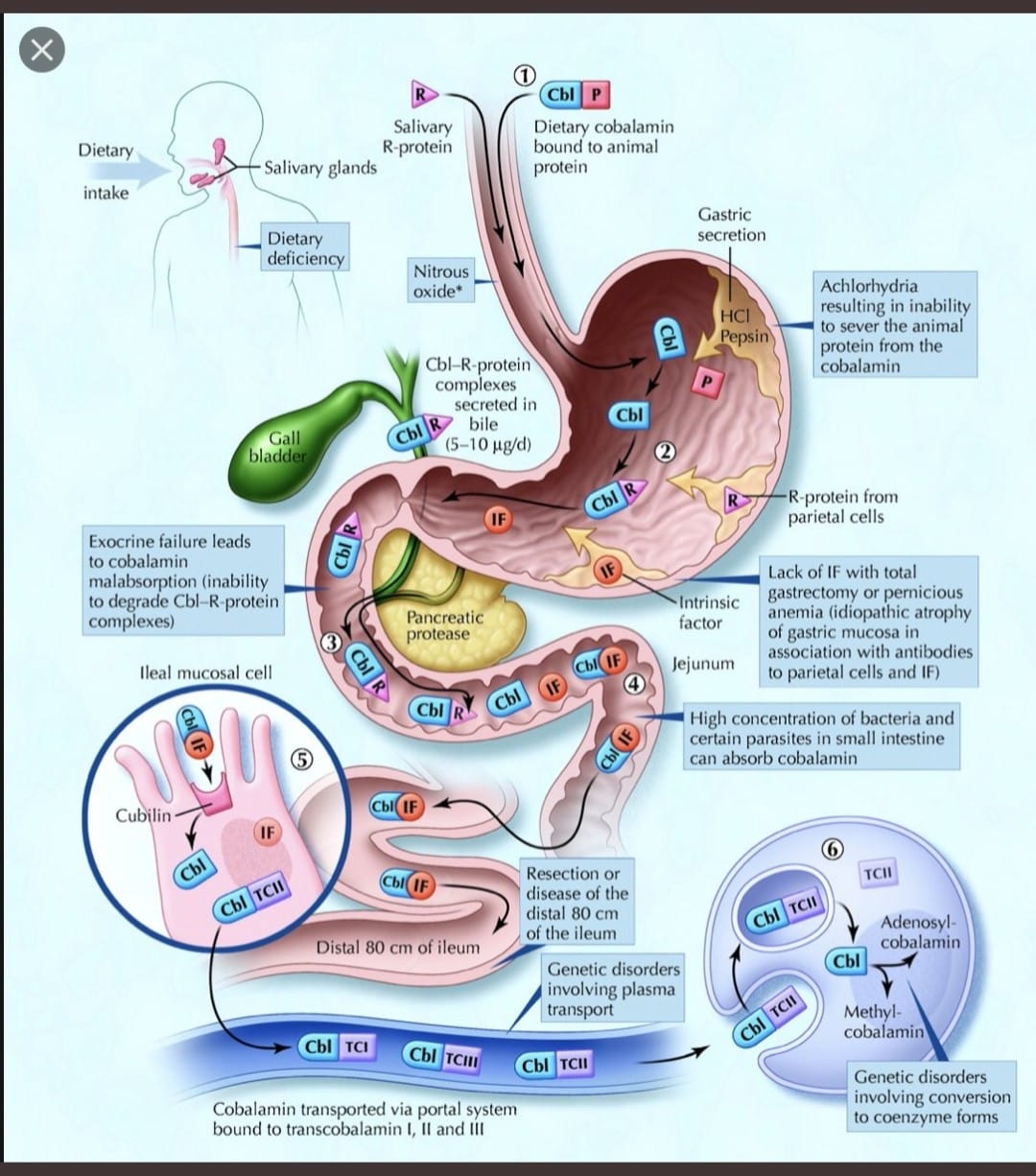
Understand B12 Absorption to Learn B12 Def
Mar 11, 2021
Dr. Rajesh Bollam
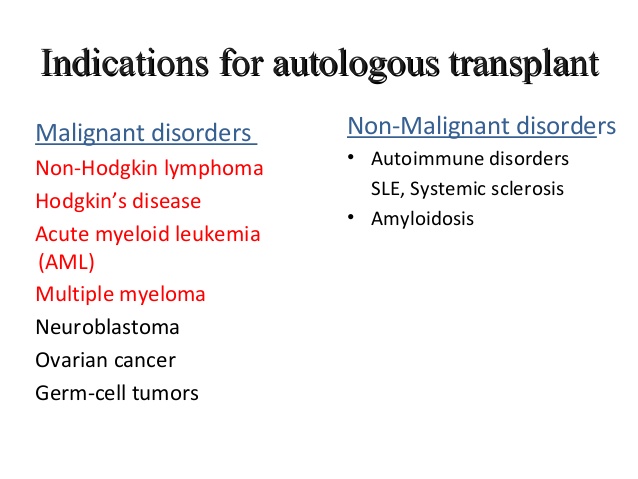
Indications for auto-transplant - for the oncology fellows
Mar 09, 2021
Dr. Rajesh Bollam
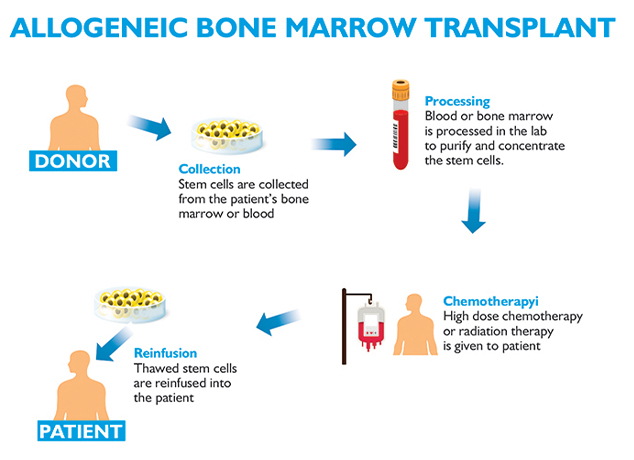
Allogeneic bone marrow transplant is the curative treatment for few relapsed leukemias and Lymphoma
Mar 09, 2021
Dr. Rajesh Bollam
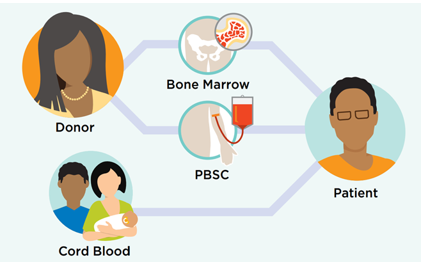
Allo BMT Basics
Mar 09, 2021
Dr. Rajesh Bollam
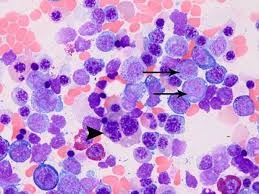
Myeloid HemePath Pearls
Mar 09, 2021
Dr. Rajesh Bollam
Myeloid HemePath Pearls
Mar 09, 2021
Dr. Rajesh Bollam
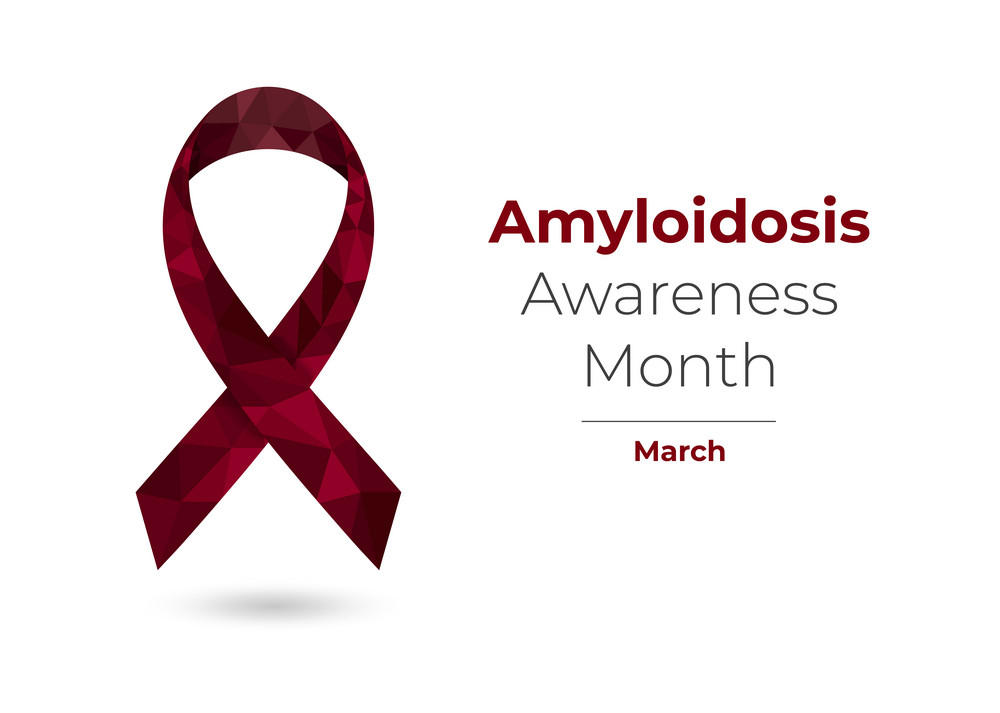
Amyloidosis month
Mar 03, 2021
Dr. Rajesh Bollam
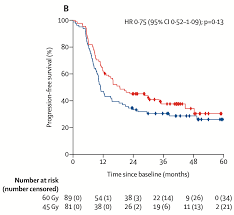
Full publication of randomized Scandinavian dose escalation trial for LS SCLC
Mar 03, 2021
Dr. Rajesh Bollam
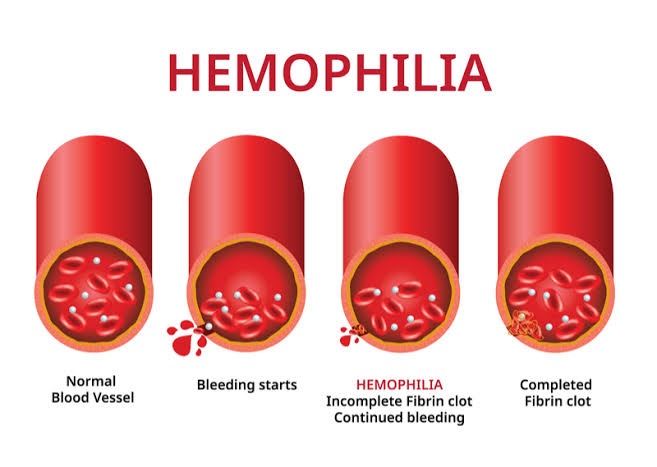
Hemophilia
Mar 03, 2021
Dr. Rajesh Bollam

Rituximab Maintenance for Follicular lymphoma
Mar 03, 2021
Dr. Rajesh Bollam
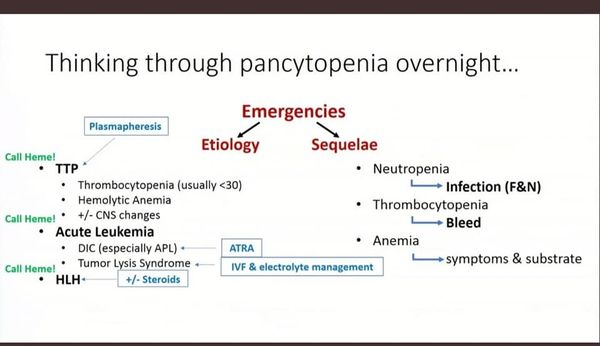
PANCYTOPENIA
Feb 23, 2021
Dr. Rajesh Bollam
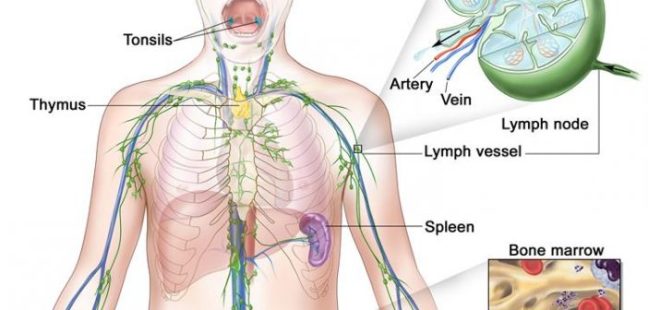
WHAT IS THE MAIN CAUSE OF LYMPHOMA?
Feb 18, 2021
Dr. Rajesh Bollam
Add a comment